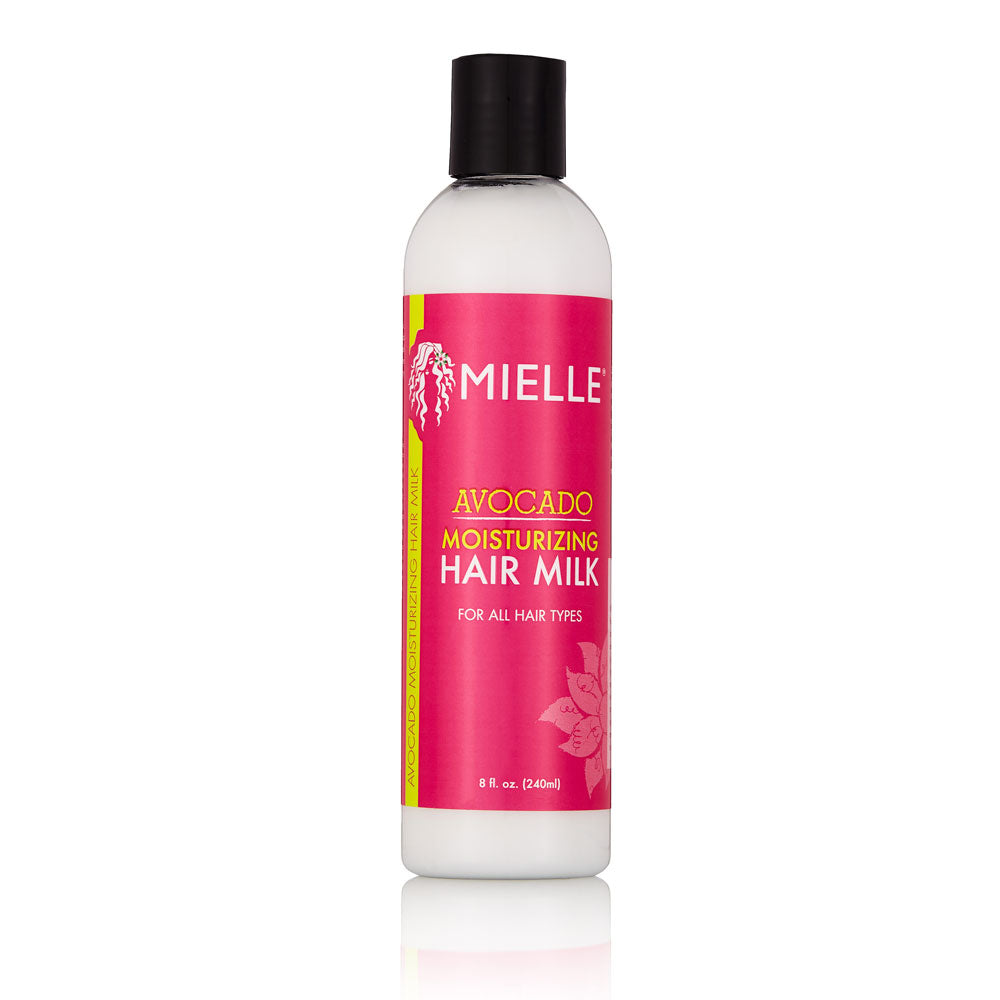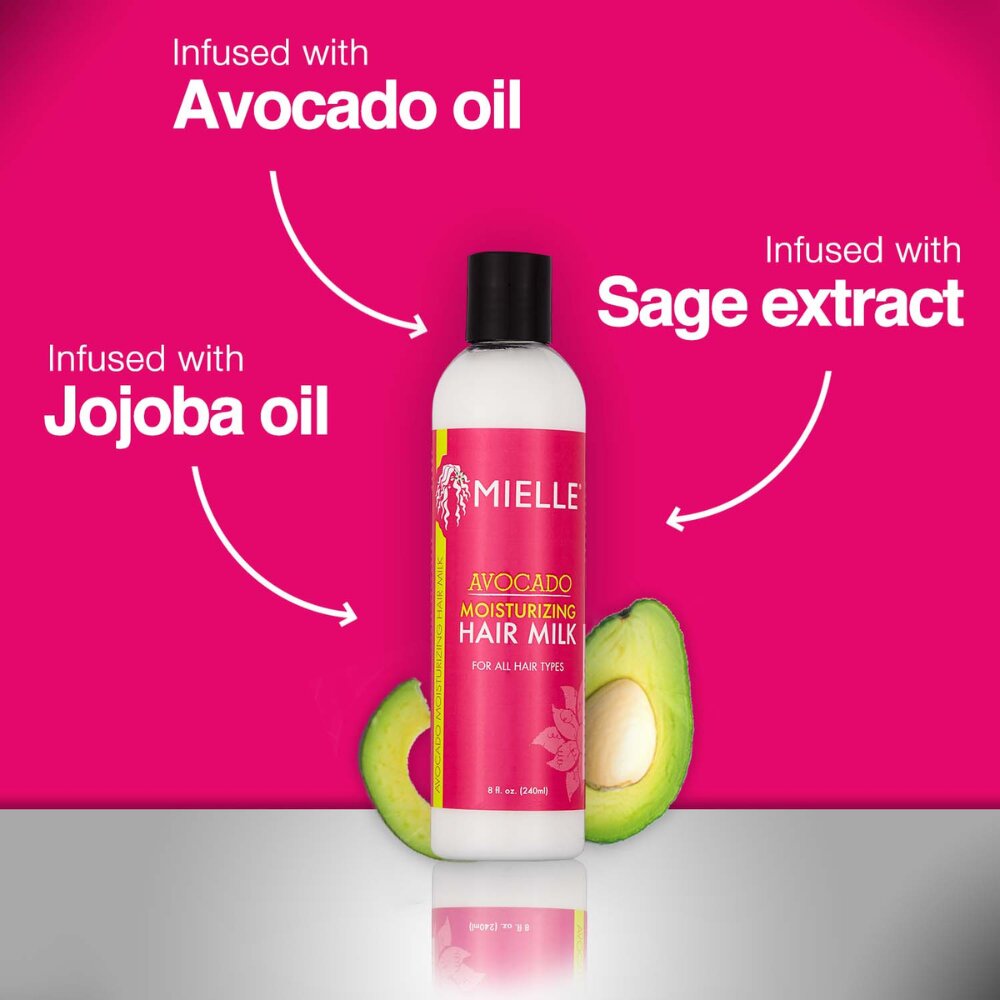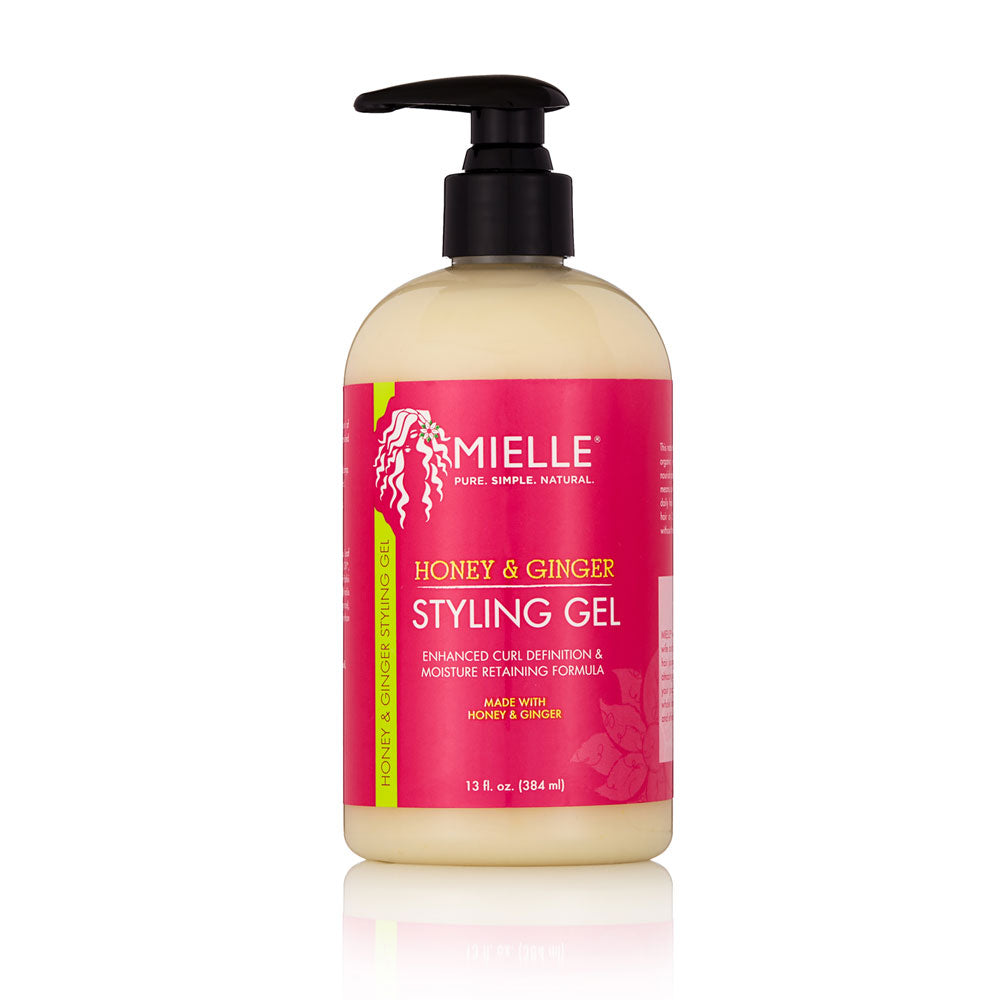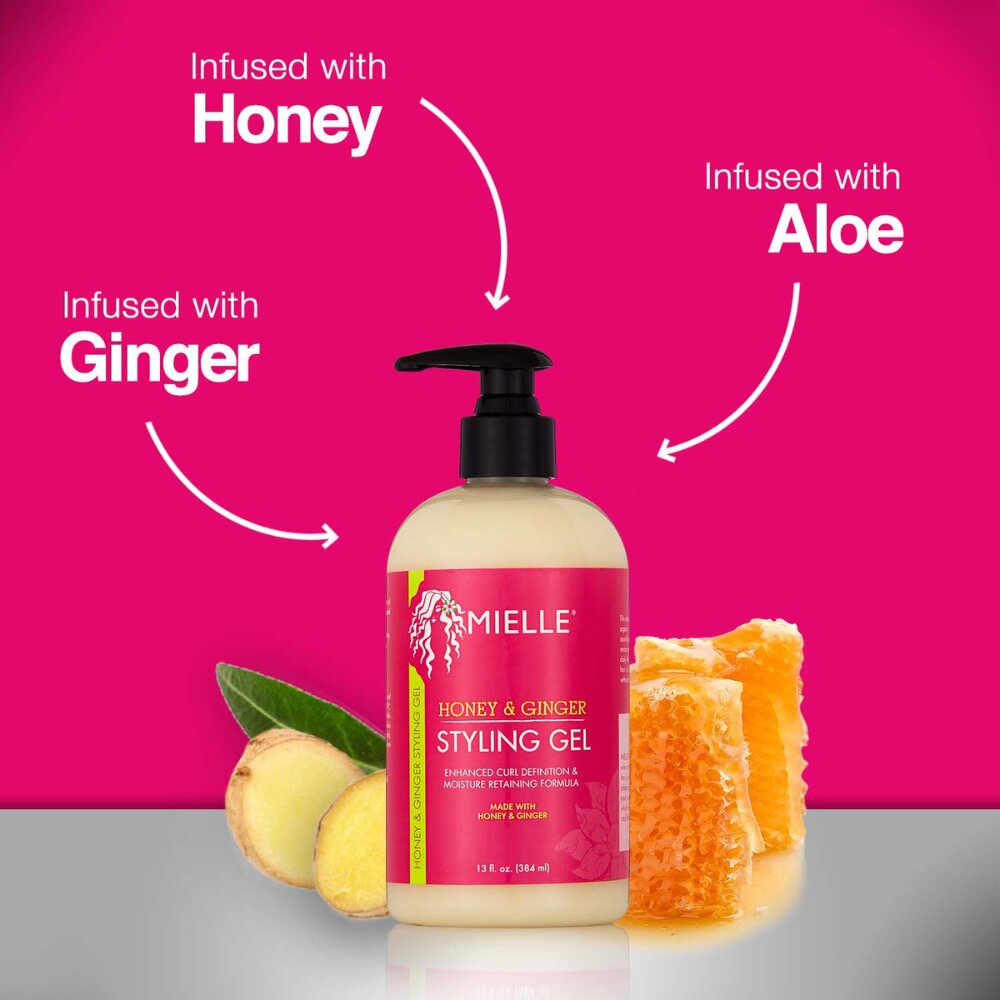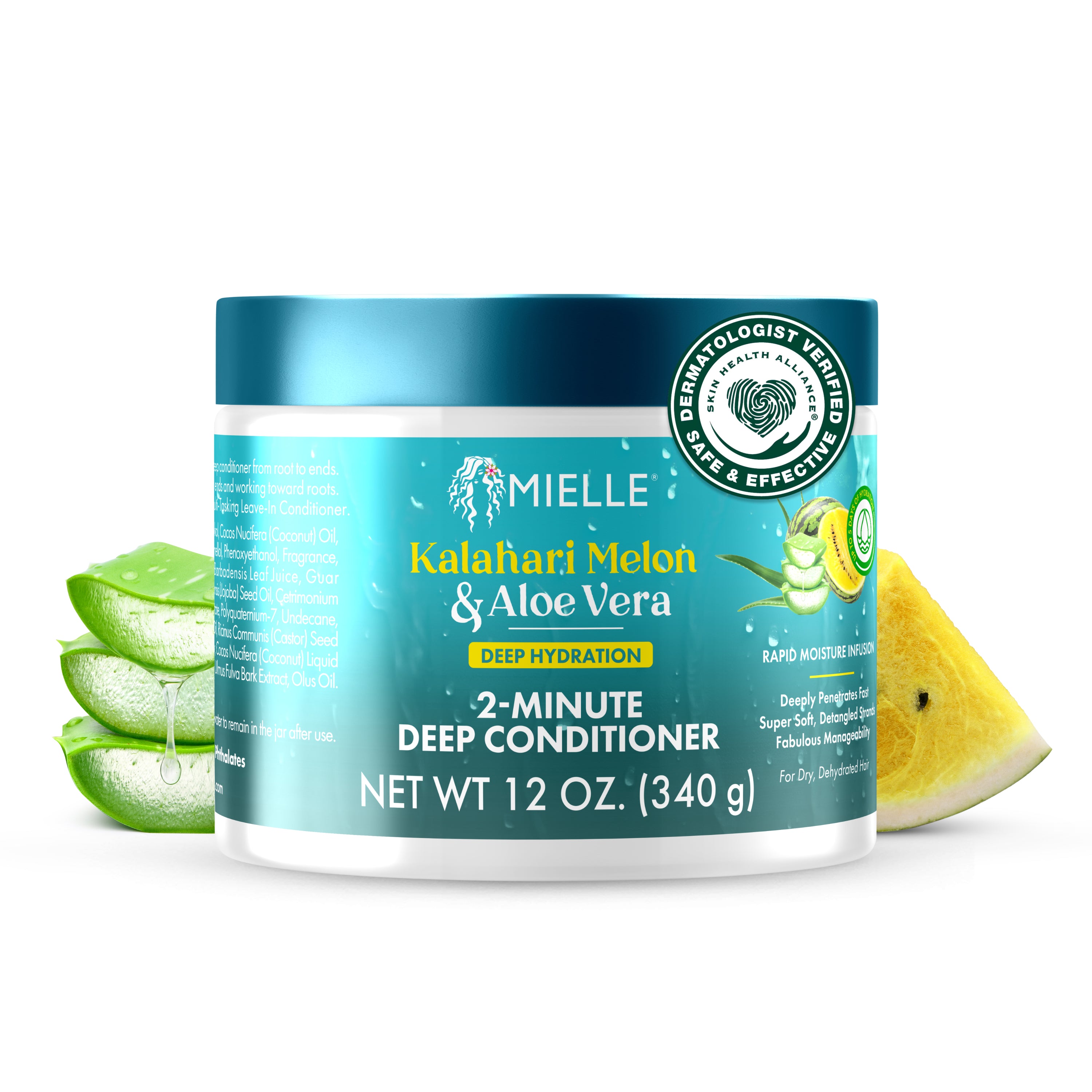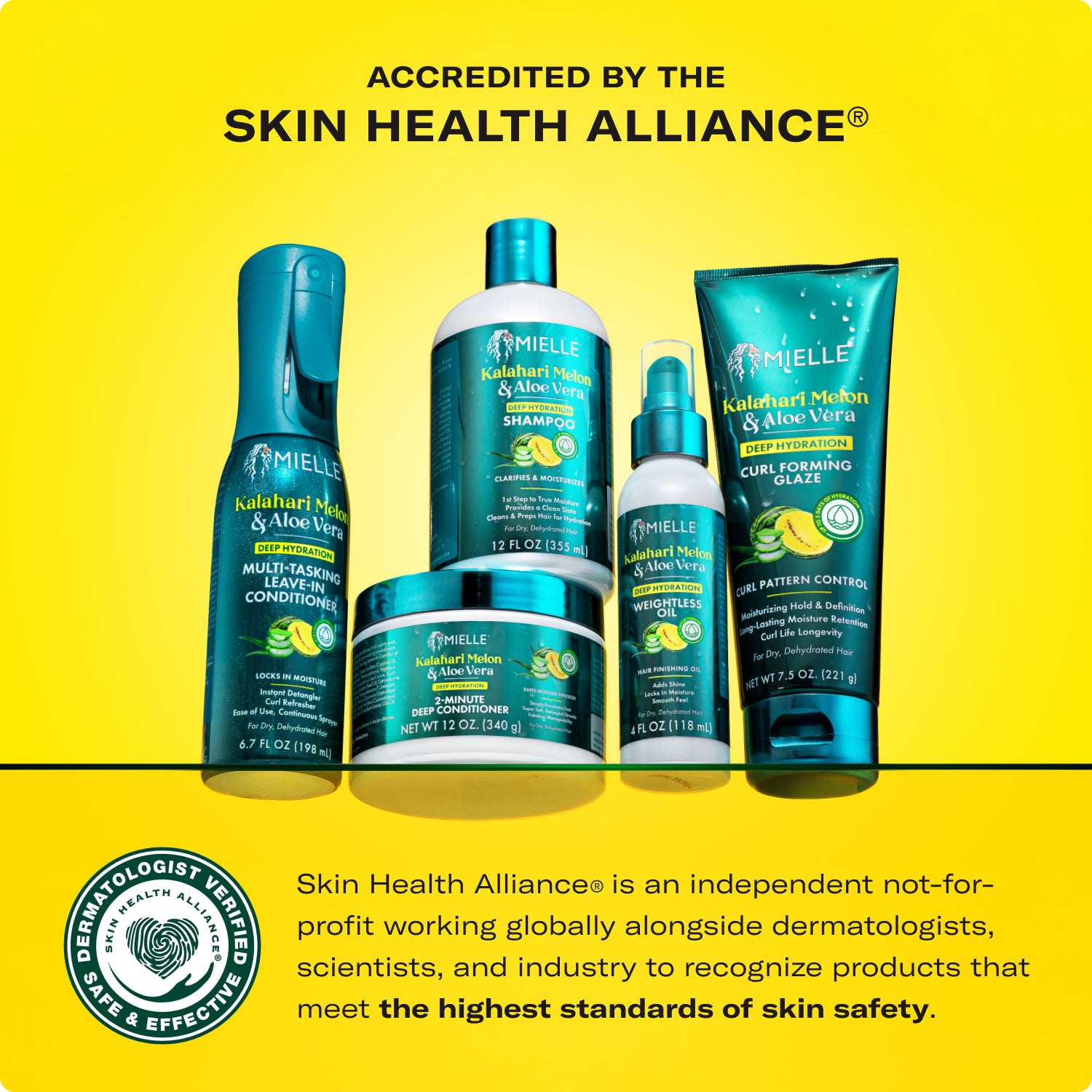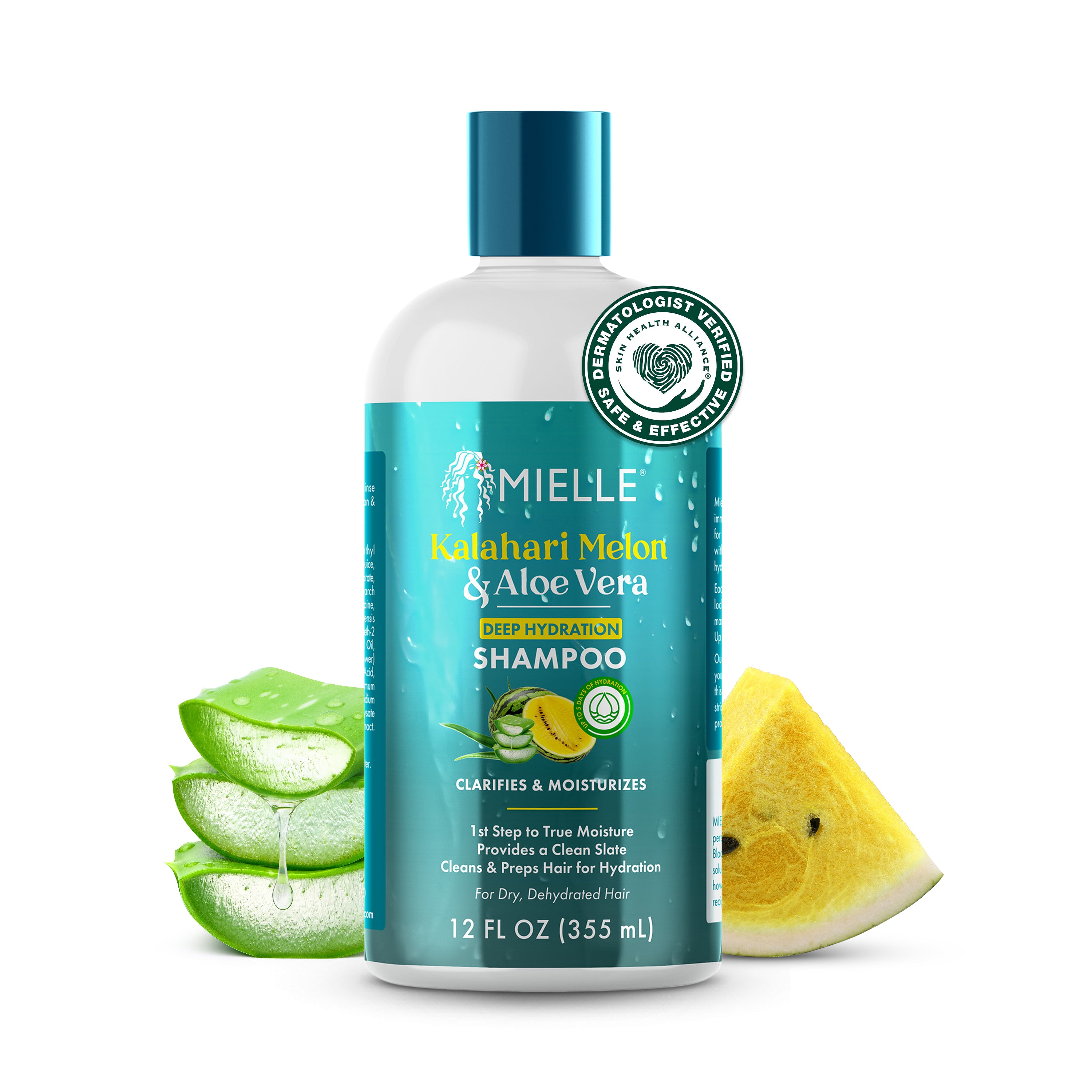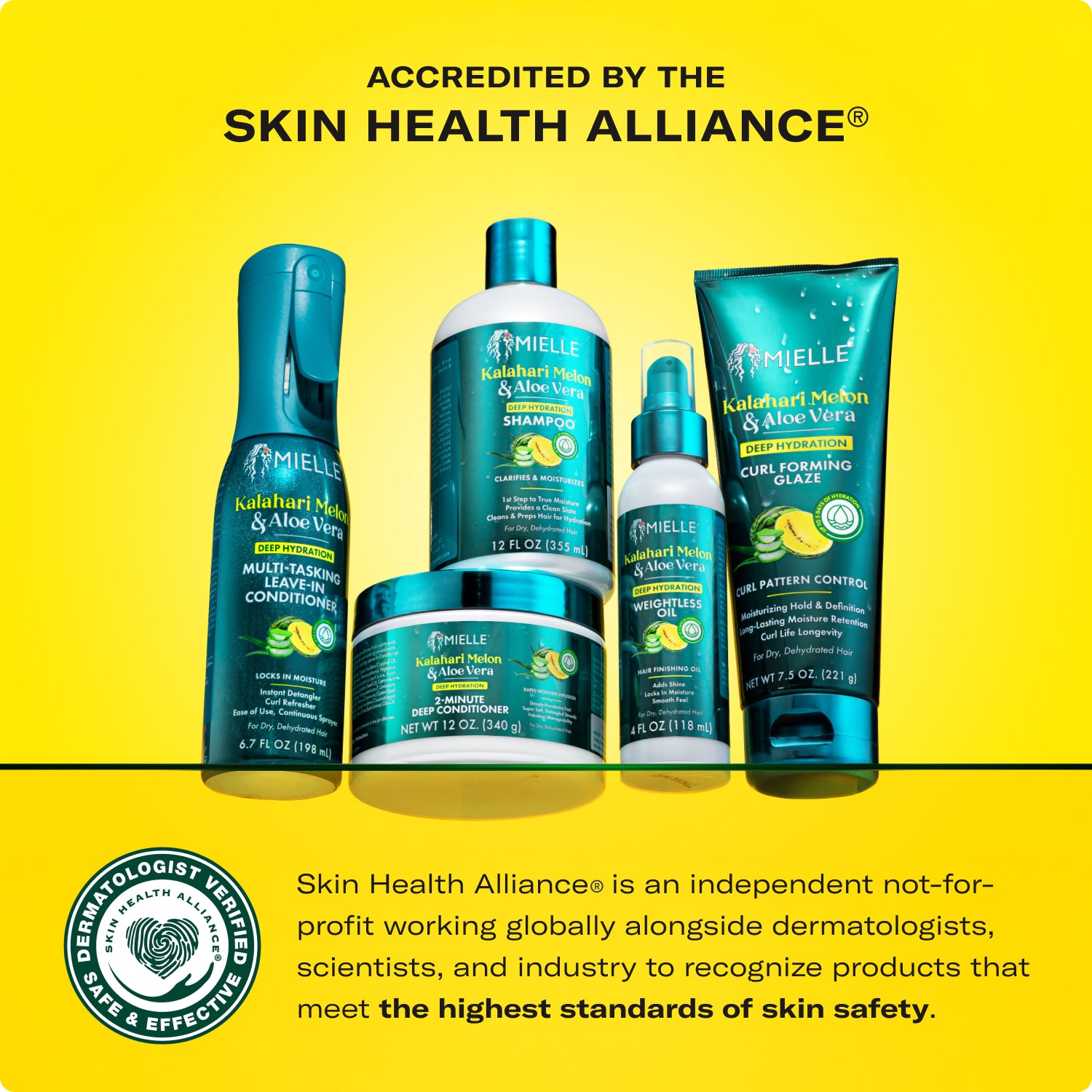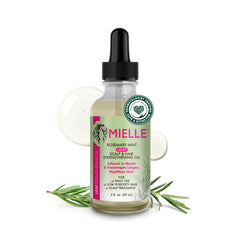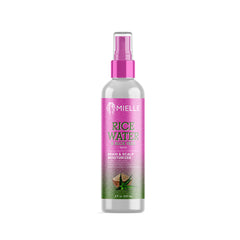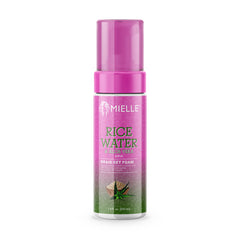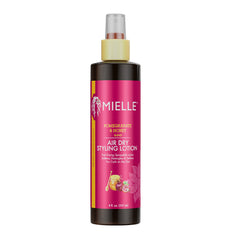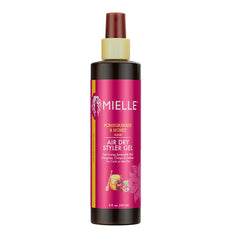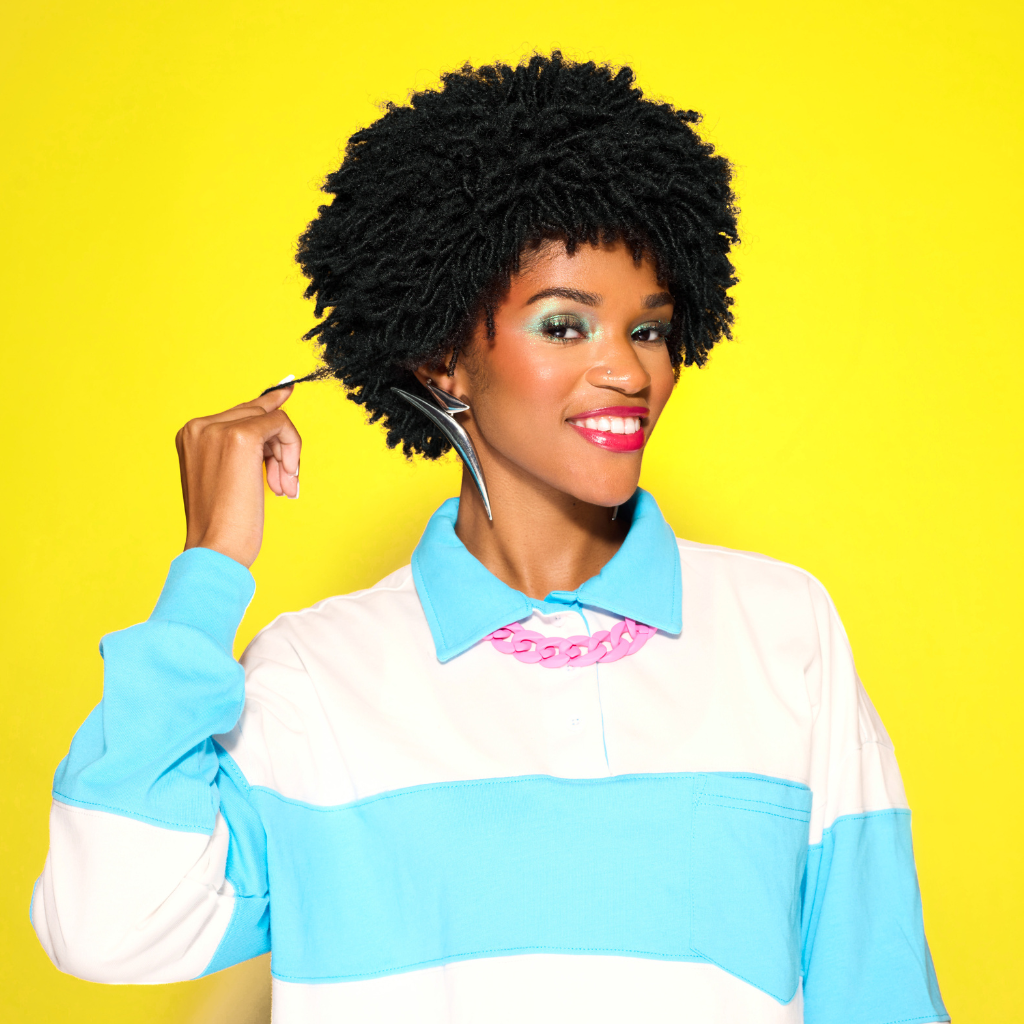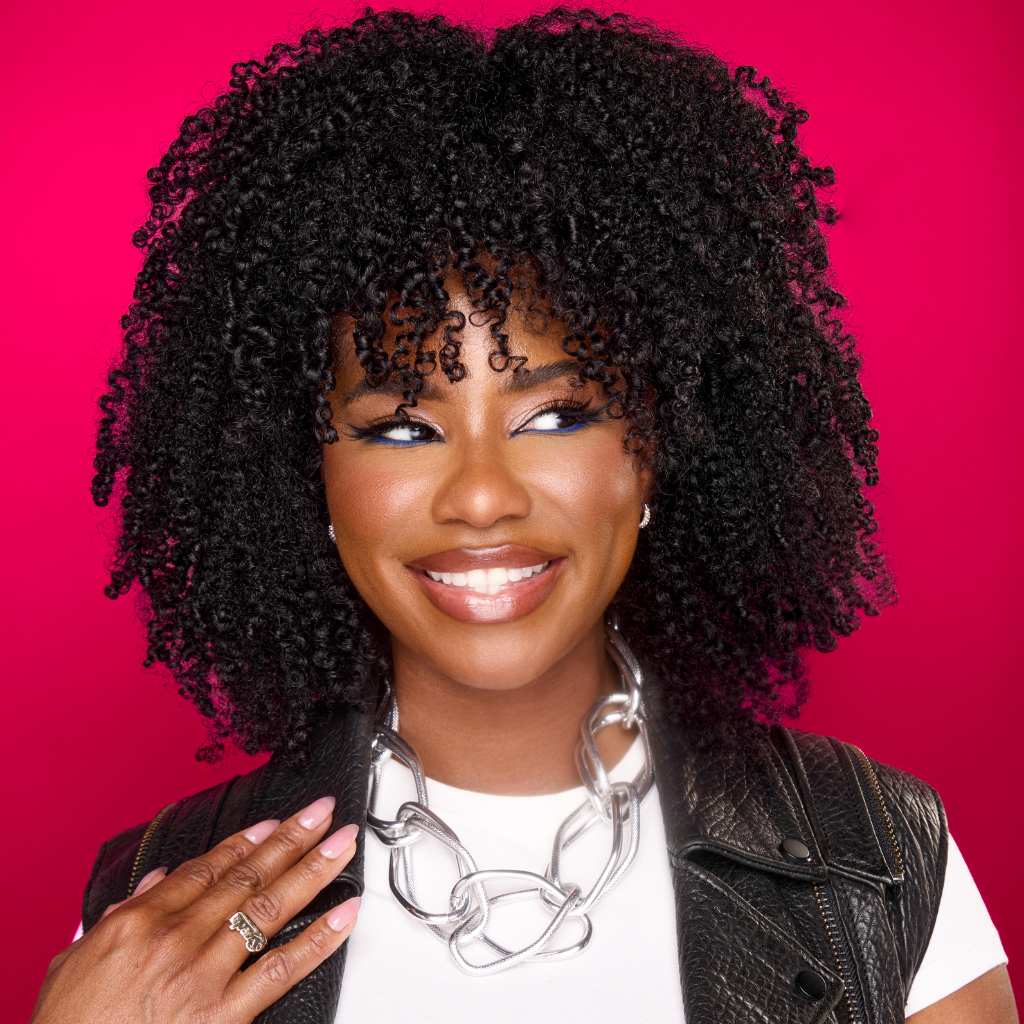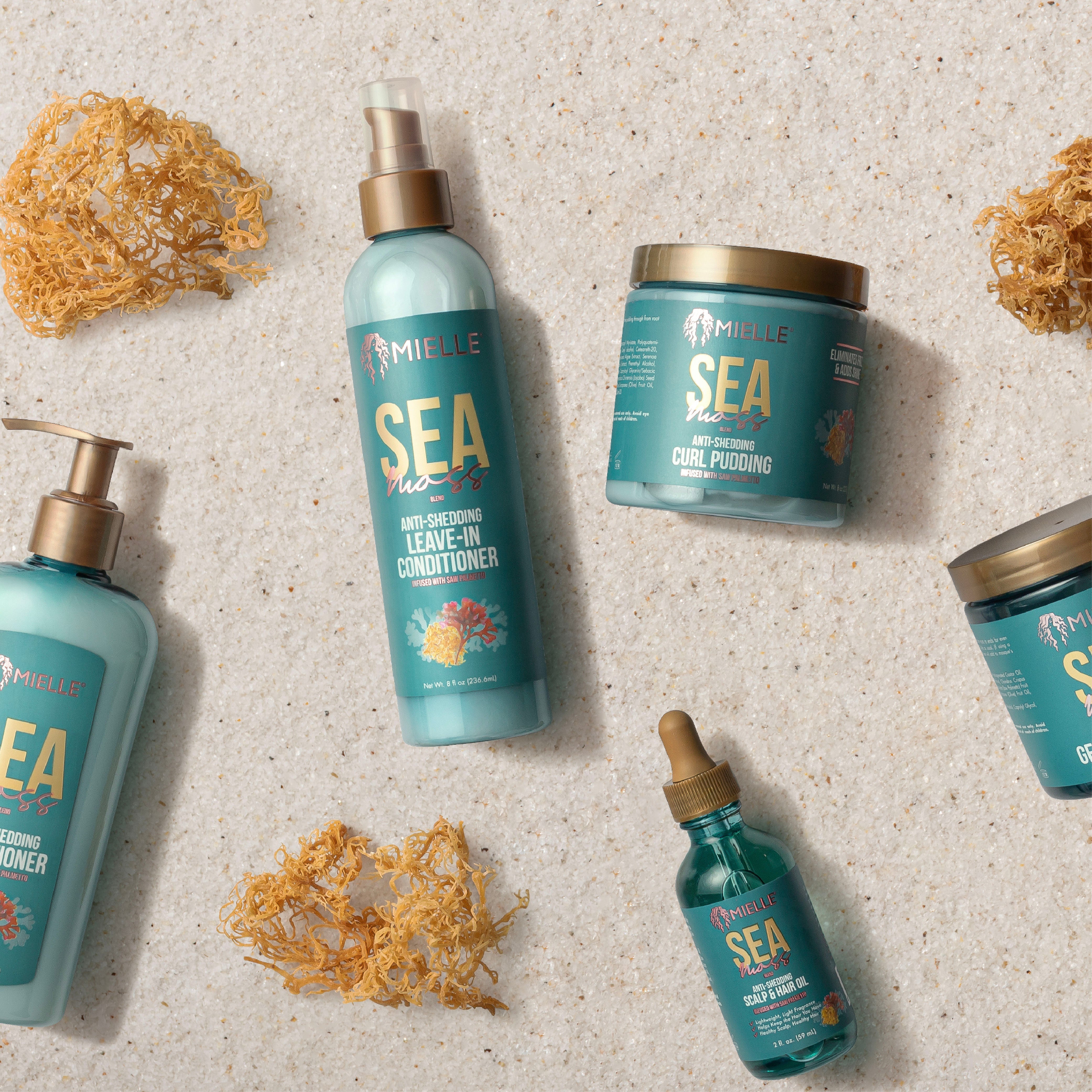By Toia Barry
During the Curly Hair Dark Ages, cleansing curly hair was almost always a stripping process, and products just didn’t do enough for curly tresses.
Then one day, a fed-up curly girl picked up a bottle of conditioner and said, “I’ve had enough of dry, tangled hair! This is my cleanser now!” Just like that, co-washing conditioner was born.
Or something like that.
Now that the Dark Ages are over and there are so many options for co-washing, you want to know the best co-wash for curly hair. No problem! Today we’ll discuss why the best co-wash conditioner for the curly hair type should:
- Work for your curl pattern.
- Properly cleanse your hair.
- Be sulfate-free
- Be lightweight
- Help make detangling easy.
- Have natural ingredients
- Strengthen hair
There’s a lot to cover, so let’s jump in!
A Co-Wash That Works for Your Curl Pattern
What is co-washing hair, and which natural hair products are best for your curl type? Curly hair is so incredibly unique, which means that every hair type needs something a little different.
- Tighter curls and coils generally need more moisture, so the benefits of co-washing are especially great for type 3 and type 4 hair. Suppose your hair is in the type 4 category. In that case, you can probably get away with using a regular conditioner because conditioners are not formulated to be as lightweight as actual co-washes.
- What about wavy hair? Wavy hair is more likely to be weighed down than curly or coily hair. For wavy hair-havers, actual co-washes are a better bet because they are lightweight. It’s also best for you to tiptoe into co-washing hair rather than running full force into the world of co-washing. Now, how often should you wash curly hair? Try starting by co-washing just once a week, and go from there.
A Co-Wash that Properly Cleanses Your Hair
Whether you choose a regular conditioner or a co-washing conditioner to co-wash your hair, there’s a very important type of ingredient you should look for in your co-washing product: cationic surfactants.
Surfactants are the ingredients in shampoos (and conditioners) that have the ability to clean your hair. Basically, surfactants cling to the oil on your hair and allow that oil to be rinsed away by also clinging to water. So surfactants grab the oil on your head, then hitch a ride down the drain on the water you use to rinse your hair, leaving you cleansed and stunning.
Conditioning products should have cationic surfactants. This specific type of surfactant is used in conditioning products because it clings to the hair and allows other moisturizing ingredients to soak in. Cationic surfactants can also gently cleanse your scalp and hair without stripping away excess oil for maximum moisture retention. You may be asking yourself, “is shampoo bad for your hair?” And the answer is, yes, it can be. It can strip your hair of its natural oils, so you may want to consider a co-wash.
Here is a list of cationic surfactants to look for on an ingredients list:
- Behentrimonium Methosulfate
- Behentrimonium Chloride
- Stearalkonium Chloride
- Stearamidopropyl dimethylamine
- Steartrimonium Chloride
- Cetrimonium Bromide
- Cetrimonium Chloride
- Dicetyldimonium Chloride
- Distearyldimonium Chloride
- Polyquaternium 55
Okay, but you didn’t come here for a chemistry lesson, did you? The main point is: Look for both moisturizing ingredients and cleansing ingredients in your co-washing product.
A Co-Wash That is Sulfate-Free
The whole goal of co-washing is to minimize harsh ingredients and maximize moisturizing ones.
So, any co-wash that contains sulfates probably isn’t a good co-wash for curly hair.
Sulfates are a type of surfactant (anionic surfactant), that yes, cleans your hair, but really has no business being in a co-wash. Sulfates are big-time strippers—of oil, that is. Over-stripping your hair can lead to dryness, breakage, and wearing out your least favorite hats to cover up your bad hair days.
A Co-Wash That is Lightweight
It’s tempting to jump into co-washing with products that are ultra-moisturizing like a deep conditioner. After all, moisture is the main reason you’re co-washing. But, before you reach for your heaviest and deepest conditioners, think about these two factors:
- Your co-wash should rinse out easily – Co-washing conditioners only work well if they’re rinsed off thoroughly. When you’re conditioning regularly, you may welcome a little extra product sticking to your strands. But when your goal is to cleanse, you should aim to rinse all the excess oil your conditioner has so thoughtfully trapped for you on a molecular level. You’ll have a hard time doing that with a super thick conditioner.
- Your co-wash should not cause buildup – A major problem people run into when they co-wash incorrectly is buildup. Buildup can cause scalp issues and can even dry out your hair by sealing it off to moisture. Lightweight co-washes can help you avoid this issue and keep your hair happy and moisturized.
“Lightweight” is Different for Everyone
Curls can be really thirsty. Thanks to the structure of curly hair, it can be hard for the oil on your scalp to reach all the way down the hair strand. The tighter the curl pattern, the more oil your strands are missing out on.
So, it makes sense for people with these curl types to look for a co-wash that packs more of a punch. Especially people with...
- Type 4 (“coily”) hair – Like an oversized truck on a windy road, your nourishing natural oils have a harder time navigating the curviest of curls.
- Thick or coarse hair – Having thick or coarse hair simply means that your individual hair strands are pretty big. Because of this, it may be harder to completely coat your hair with oil or moisture just because there’s more surface area of the strand to cover.
On the flip side, if you belong to either of the categories below, lightweight might be just right:
- Low porosity hair – Having hair that is low porosity means that your hair has more difficulty absorbing moisture. Because your hair is a bit picky about who it hangs with, products can “sit” on top of your hair—unwelcome and uninvited to the inside of the strand. So, keep your co-wash light and learn how to co-wash hair properly.
- Fine hair – Fine hair is the opposite of thick or coarse hair. It means your strands are thinner and heavy products can fill up your strands and make your hair oily. Stick with lightweight for buoyant, moisturized hair.
A Co-Wash that Makes Detangling a Breeze
Alright, here’s what you really wanna know: Which co-wash will make your detangling sessions less of a production? First, it’s important to remember that stronger hair is more resistant to tangling, so look for a conditioner that does these things:
- Contains oils – Oils are important for hair care, especially curly hair care, because of their ability to keep moisture in your hair and form a protective layer against breakage, leading to stronger hair.
Oils also reduce the amount that your hair swells when it’s wet, which prevents the damage that overwetting can do to your hair’s elasticity. However, one oil, in particular, may offer great detangling benefits: coconut oil.
Coconut oil is well known among naturalistas for its detangling abilities. It’s thick enough to give you a really good slip to detangle while also being able to penetrate your strands. It can even help reduce protein loss in your hair.
Coconut oil is also unique for its high fatty acid content. Fatty acids do an important job of nourishing the hydro-lipid layer that protects your hair.
- Claims to detangle – This may seem like a no-brainer, but it’s always a good idea to reach for products that mention the things you are looking for. A co-wash that is labeled as “detangling” signals that the detangler for natural hair might be an ideal co-wash for curly hair because it’s made to meet a specific curly hair need.
A Co-Wash with Natural Ingredients
All hair products should contain the basics of good hair care, but curly hair especially needs all the love from nature it can get. Look out for these scalp-loving and curl-loving ingredients and their benefits:
- Coconut oil – Sound familiar? There’s one more thing to add to coconut oil’s extensive resume: it is naturally antimicrobial. Antimicrobial properties kill the growth of bacteria, so coconut oil could be protective for your scalp.
- Shea butter – Shea butter contains a chemical compound called amyrin that has anti-inflammation properties.
- Vitamin E oil – Vitamin E oil can support a healthy scalp by reducing oxidative stress. Oxidative stress is linked to poor hair growth.
- Marula oil – Like coconut oil, marula oil is high in fatty acids that can moisturize and strengthen the hair and scalp. It also contains amino acids, which have been found in studies to have a positive impact on the strength of your hair.
A Co-Wash that Strengthens Your Hair
A solid hair care routine maintains a balance between moisturizing and strengthening. So, a co-wash that promotes both strong and moisturized hair gets an A+ in the School of Hair.
Silk amino acids are able to penetrate deeply into the hair and bind to its protein. This strengthens your hair, which naturally loses its protein through time, environment, and consistent handling.
A Co-Wash That Has it All
Is it bad to wash your hair everyday? As we mentioned above, washing hair everyday can be drying and damaging, making co-washing is a great solution.
If you’re looking for a lightweight, sulfate-free, detangling co-wash with nourishing ingredients, look no further than Mielle Organics’ detangler for natural hair co-wash.
The Detangling Co-Wash is a hair moisturizer for curly hair that features nature’s superstar ingredients, including:
- Coconut oil
- Shea butter
- Jojoba oil
- Marula oil
- Silk amino acids
It’s moisturizing yet cleansing and packed with gentle surfactants for a refreshed scalp in between shampoos.
Need something a bit heavier? Something from Mielle’s line of moisturizing conditioners could be just what you need.
Sources:- International Journal of Trichology. Hair Cosmetics: An Overview. https://www.ncbi.nlm.nih.gov/pmc/articles/PMC4387693/
- The Trichological Society. Surfactants and Shampoos. https://www.hairscientists.org/surfactants-and-shampoos
- ThoughtCo. How Shampoo Works. https://www.thoughtco.com/how-shampoo-works-607853
- ScienceDirect. Cationic Surfactants. https://www.sciencedirect.com/topics/pharmacology-toxicology-and-pharmaceutical-science/cationic-surfactants#:~:text=Cationic%20surfactants%20are%20essentially%20quaternary,%2C%20cetrimonium%20and%20cethexonium%20bromides
- Byrdie. This Is the Real Difference Between Co-Wash and Conditioner, According to Natural Hair Experts. https://www.byrdie.com/co-washing-natural-hair
- Byrdie. 10 Co-Wash Mistakes to Avoid for the Healthiest Hair. https://www.byrdie.com/co-wash-mistakes-to-avoid-for-the-healthiest-hair-400127
- PubMed. Effect of mineral oil, sunflower oil, and coconut oil on prevention of hair damage https://pubmed.ncbi.nlm.nih.gov/12715094/
- Healthline. Is Coconut Oil Good For Your Skin? https://www.healthline.com/nutrition/coconut-oil-and-skin
- American Journal of Life Sciences. Effects of topical and dietary use of shea butter on animals. http://article.sciencepublishinggroup.com/pdf/10.11648.j.ajls.20140205.18.pdf
- PubMed. The role of oxidative damage in poor scalp health: ramifications to causality and associated hair growth. https://pubmed.ncbi.nlm.nih.gov/26574300/
- Journal of The American Academy of Dermatology. Replenishing Amino Acids in Damaged Hair. https://www.jaad.org/article/S0190-9622(04)03234-7/fulltext
